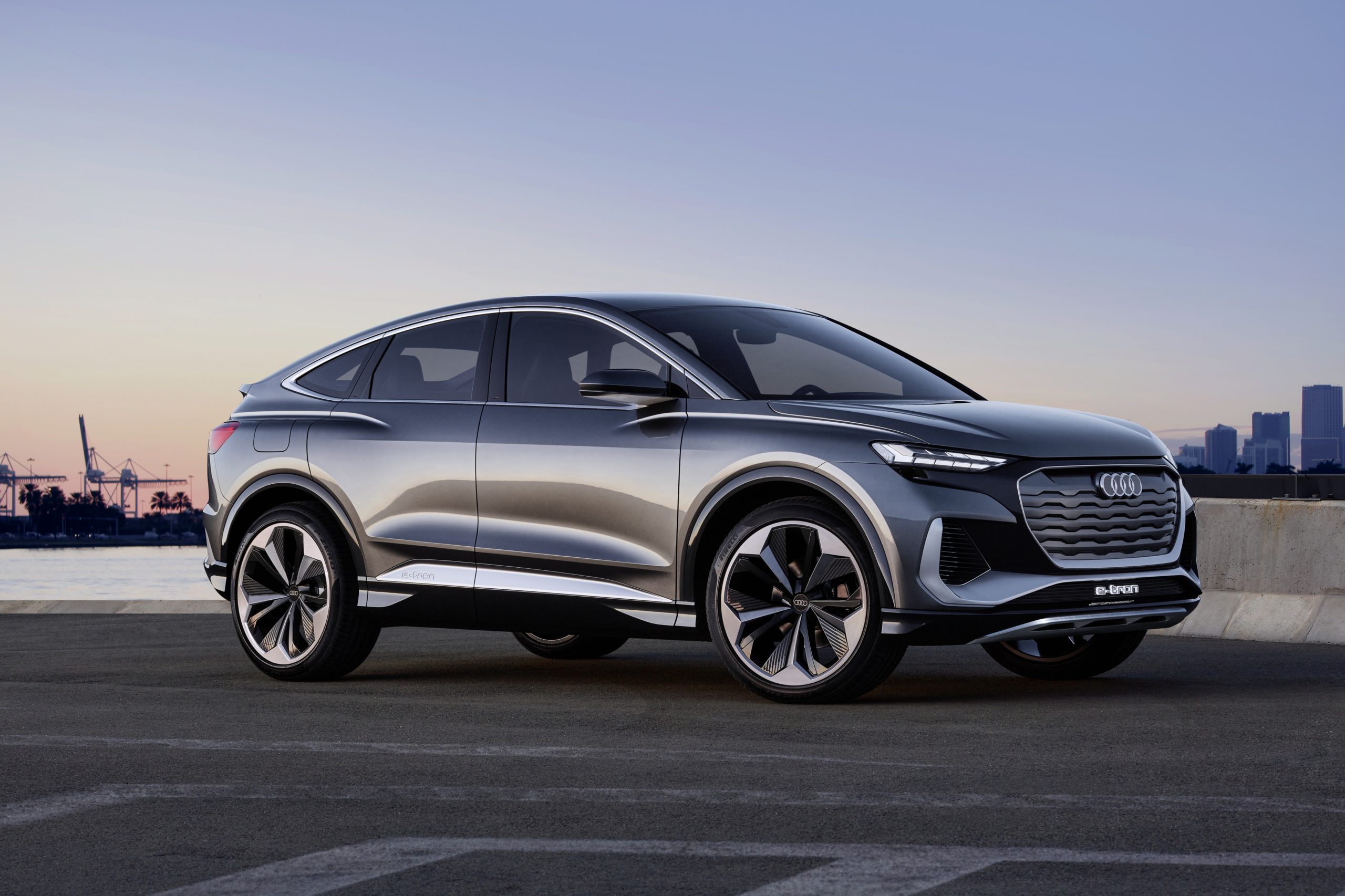IDTechEx Research Report Notes Billions of Low Power Electronics and Electrics Operating Without Batteries

BOSTON, November 28, 2017 /PRNewswire/ —
The new IDTechEx Research report, Battery Elimination in Electronics and Electrical Engineering 2018-2028 notes that billions of wireless electronic and electrical products consuming microwatts to milliwatts or more operate without batteries or even capacitors to store energy. Among the most successful are the piezoelectric gas lighter, the bicycle light with dynamo and the EnOcean wireless building controls such as sensors, lights and light switches in over 400,000 buildings and some boats. In the Torre Crystal building in Madrid alone they have installed 30,000 of them. It is managed with energy harvesting, sometimes two types at a time to reduce intermittency and increase security of supply. In the case of EnOcean that is electrodynamic, photovoltaic and thermoelectric. To further enhance its virtuosity as a, “no battery” company, EnOcean is also developing vibration harvesting and thermoelectrics that operate using tiny inputs.
Now a 3.5 microwatt mobile phone with no battery is being developed and a city pollution sensor is on sale from Drayson Technologies, both harvesting ambient radio to make their electricity, something only possible now circuits use much less power. The battery free phone developed by the University of Washington phone will also use solar power in addition and it involves a total rethink of the phone system. There is potential for at least millions yearly and probably much more if emerging countries adopt lowest-cost “everlasting” phones with no battery.
Dr Peter Harrop of IDTechEx, lead author of the IDTechEx Research report, Battery Elimination in Electronics and Electrical Engineering 2018-2028 observes, “We are talking not only of eliminating batteries from more and more mobile electronics but heading for achieving this with non-toxic everyday materials and even biocompatible or biodegradable structural electronics. It is an exciting alternative to the old components-in-a-box approach with troublesome materials, as we describe in our report Structural Electronics 2017-2027: Applications, Technologies, Forecasts.”
For more see http://www.IDTechEx.com/nobatts and find out more about IDTechEx at http://www.IDTechEx.com.




